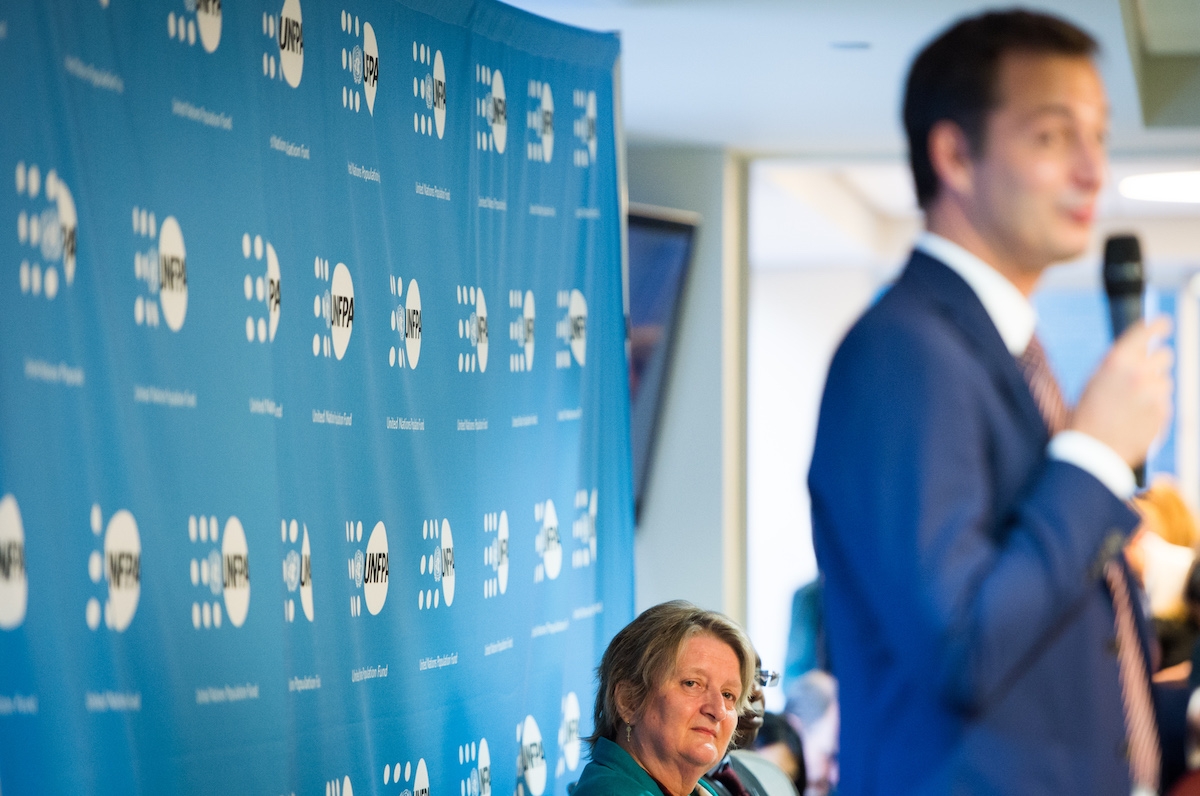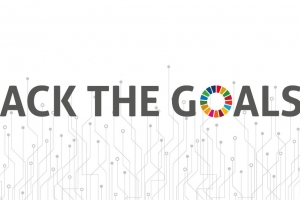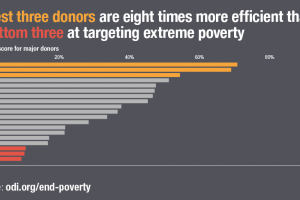Emeritaatsviering Prof. Dr. Marleen Temmerman, Universiteit Gent
 Celebration Prof. Dr. Marleen Temmerman (Ugent)
Celebration Prof. Dr. Marleen Temmerman (Ugent)Toespraak ter gelegenheid van de Emeritaatsviering van Prof. Dr. Marleen Temmerman (Universiteit Gent, 12 oktober 2018).
Mrs Vice Chancellor,
Mr Mayor,
Distinguished Guests,
Ladies and Gentlemen,
Dear Marleen,
On my way here, I was contemplating what to say while I suddenly realized that this is somewhat a strange set-up. An emeritus celebration for Marleen. Which means that she would stop. Stop being active. People who know her immediately feel that something is not right here. ‘Marleen’ and ‘stopping’ in one sentence. It feels a bit awkward. For me this celebration is not a farewell. It is rather an interim review of her immense career. In academia, in global health, both here in Ghent and around the world, and – yes – also in politics.
Actually, it was in politics that we first met. When I was elected Senator in 2010, Marleen was already in her second term in the Senate. She was presiding the Foreign Affairs Committee of the Senate with a clear focus on the issues she has dedicated her life too: human rights, women’s empowerment and women’s health. One year after, when I left the Senate to become Deputy Prime Minister my good friend Johan Vandelanotte also left the Senate for government, Marleen was promoted Group Leader. For her, of course, a natural position, the most self-evident thing.
Unfortunately, only one year later, she left politics to lead the Department of Reproductive Health at the WHO. For many colleagues, including myself, it felt like a true loss.
When you left the Senate, you said in an interview that Belgian politics was “too slow for you. Two steps forward and one step backward.” But you “were at peace with it.” And, even more importantly, you realized that at the WHO it would probably be the same. “Knowing my temper, I will have to bite my lip,” you added.
Politics, as is international development, is indeed often the art of the possible. But for Marleen the possible is only the starting point. She always aims higher, she keeps pushing and never gives up. And that is what I’ve always admired in you, Marleen. Your never-ending energy, your profound passion and your sustained commitment to changing and saving lives.
I really got to know you better, four years ago, when I became myself active in the field of international development.
You were one of the first to offer your support when, together with my Dutch colleague, I launched She Decides. A movement in reaction to President Trumps’ decision to cancel funds for safe abortions and family planning services. Because we wanted to make sure that every woman and every girl can decide for herself when she gets pregnant and how many children she wants to have. I still remember you sitting across the hall at the first International She Decides Conference we hosted in Brussels where we raised 180 million euros. Your support really meant a lot.
One year later, you took interest to lead the United Nations Population Fund, UNFPA. It was a chance for me to return the favour. We travelled together to bolster your candidacy and to convince other countries and leading voices within the global health community to rally behind you. But unfortunately, you did not make it. Not because of a lack of support, not because of your curriculum – your resume speaks for itself – but because of the geographical balances that always play a role in this type of top jobs. But, and that really characterizes you Marleen, it did not discourage you.
One of the things that have always struck me is the way how Marleen combines passion with pragmatism, with a certain degree of realism. I remember that you once said that “it is not necessarily the one that makes the most noise who gets the most done.”
Of course, we all oppose female genital mutilation, child marriages, forced and unsafe abortions. But we will not end it with only pointing fingers and behaving like schoolmasters.
Preaching change is easy. But bringing change is so much harder. It requires sitting down with local communities, investing time and energy in building a dialogue and letting change come from the inside. That’s one of the most important lessons I’ve learned from you.
When I was in Ghana earlier this year, I did just that. I sat down with women and girls to listen to their stories. And very soon our discussion focused on the impact extreme poverty has on teenage pregnancies. Some young girls were very outspoken and identified the lack of access to contraceptives as their most important problem.
And they were right, globally more than two hundred million women and girls do not have access to contraceptives while they want to use them. We know the outcome: more than twenty million unsafe abortions every year, and, in some countries, women giving birth to seven, eight children. Not because they want so. But because they lack basic access to family planning services.
This is exactly the topic Marleen has been working on for many years. Strengthening the sexual and reproductive health and rights of these girls and women. As an end in itself, to give these women a better life. But also, as one of the primary catalysts of human development, and I would even say, of the future of the African continent.
Because we should not forget that by 2050, Africa’s population will double. One in four people on our planet will live in Africa. This unseen demographic explosion is one of the biggest threats to future human development.
There is no economy that can provide enough jobs and prosperity to keep pace with a population increase that steep. No society can build sufficient schools or hospitals. And no donor organization can offer a solution to a population that grows so fast.
That’s why continuing the work to strengthen sexual and reproductive health and rights is so important. The women I’ve talked to in Africa perfectly understand this. They realize that having too many children means poverty and dependency, especially when they become mother at a young age. And they also know that it is harmful to their health.
Every day eight hundred girls and women die of preventable complications in pregnancy and childbirth. The equivalent of three plane crashes, every day again. In many countries, becoming a mother is the most dangerous thing a woman can do during her life. In Afghanistan, for example, one in eleven pregnancies is fatal for the mother. One in eleven. While in Sweden, it is one in eleven thousand.
But it is not all doom and gloom. Because of the work of champions like Marleen and many of her colleagues, we have made tremendous progress over the last decades and we were able to half child and maternal mortality.
But why would we stop halfway? To realize the ambitions set out in the Sustainable Development Goals, we will have to step up our efforts. And I know that the commitment and example of Marleen, will be an inspiration for many to continue this fight.
When I was preparing this speech, I came across a list of all the honours and awards Marleen has received throughout her extraordinary academic career. From honorary degrees from the Universities of Brussels and Cape Town, the five-yearly award of the Belgian Women’s Council to the prestigious Life Time Achievement Award of the British Medical Journal.
I was not only deeply impressed, but I also realized that I had a serious problem. With such a long list of honours, what else could I offer Marleen?
Then I realized that in my book De eeuw van de vrouw [The Age of the Woman], I made the suggestion to have a Marleen Temmerman Square here in Ghent. So I consulted some of my staff, but they told me that, even as Deputy Prime Minister, I do not have the power to decree this. That’s why I am looking to the Mayor. Would naming a square to Marleen Temmerman not be a good idea for one of your last decisions as Mayor? I think we all agree, that it would be a proper tribute to the first female professor of gynecology in our country.
So Marleen, unfortunately, I cannot offer you a square. But what I can and will offer you is my friendship and, above all, my commitment. My commitment that we will keep fighting for the cause that has been a common theme throughout your academic career. The cause of women’s empowerment, women’s rights and women’s health.
I wish you the best of luck, in Kenia, together with Lou.
And I hope we will still be able to count on your support, your insights and your energy.
Thank you for everything.


